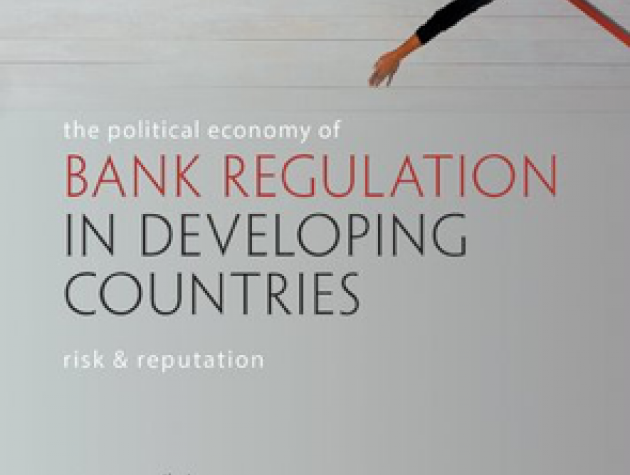An Unlikely Champion of Global Finance: Why Is China Exceeding International Banking Standards?
As a G20 member, China has been engaged in financial reform since the end of the global financial crisis. A core piece of this reform is Basel III, the new prudential standard issued by the Basel Committee. Rather than being merely compliant, China’s banking regulation is stricter than the global standard and being implemented ahead of the international timetable. Why is China voluntarily subjecting itself to tougher regulatory standards than the rest of the world? This article shows that low adjustment costs, factional politics, and, above all, an unusual alignment of domestic interests in the quest for international reputation are driving this phenomenon. The troubled institutional history of China’s financial system motivates all relevant stakeholders to seek external validation in order to address a credibility gap abroad, albeit for different reasons. The article examines the power of reputation as a driver of regulatory positioning in the context of China’s integration into international financial institutions.
Access the article here.







